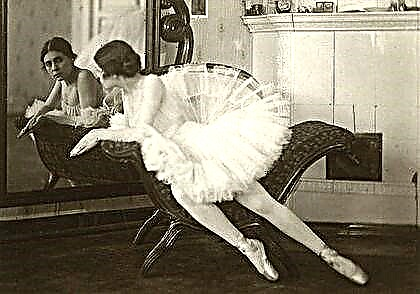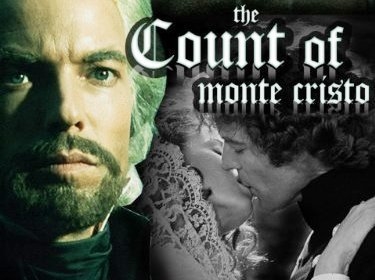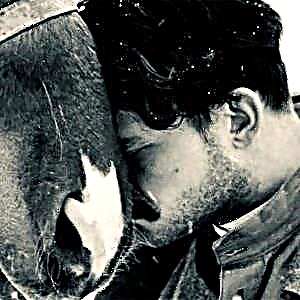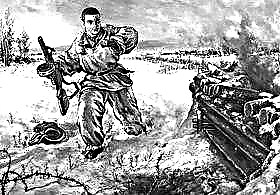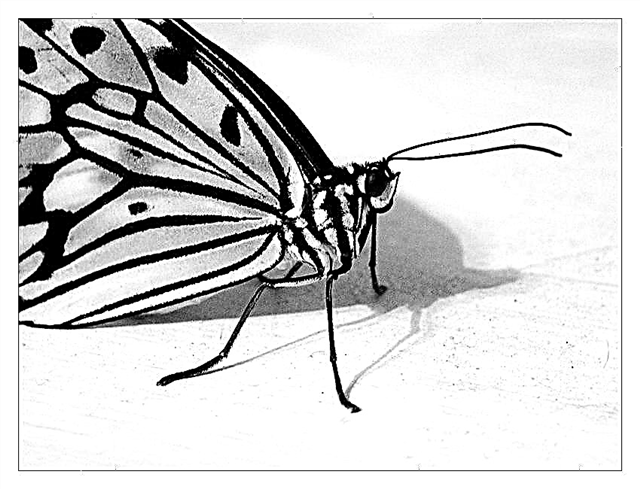(400 words) If pride is a sign of high self-esteem, then humility is a sign of low. This is a condition when a person is ready to accept and understand anything. Usually such people are kind and condescending, they help their environment for free and become peculiar slaves of their responsiveness. Confirmation of this we can find in domestic literature.
In the novel “The Brothers Karamazov,” Dostoevsky creates the image of the kind, bright youth of Alexei Karamazov. The only one of the three brothers who is sympathetic to his father, he is trying to reconcile all members of his family. Aleksey’s lot falls to the test, with which he copes without losing his natural kindness. Alyosha failed to save either his father or two brothers, one of whom is in prison, the other is going crazy from the irreconcilable contradictions that torment his soul. But humility in the novel is not helpless: Alexei all this time supported surrounding people, family, and acquaintances. But he alone is not able to help everyone, so in the novel his father is killed, and then one of the brothers takes the blame for his murder.
One of the main incarnations of goodness and the truth of Christian virtue was the hero of F. M Dostoevsky - Prince Lev Nikolaevich Myshkin. From the first lines of the novel “Idiot”, a person appears before us, involuntarily attracting attention to himself. Poorly dressed, having the title of prince, he rides in a common carriage with his antagonist Rogozhin, goes to testify his respect to wealthy relatives. Do not ask for patronage or financial assistance, do not amuse your vanity with noble ties, but find loved ones. Throughout the story, Myshkin sympathizes with all the poor and lost souls encountered along the way. He shows great philanthropy, not embittered when Rogozhin wants to kill him. But trying to find a way to the heart of this almost crazy man, becoming his named brother. Meanwhile, Myshkin himself needs peace and a careful attitude to his health. He, like Dostoevsky, suffers from epilepsy. But most of all his sympathy is Nastasya Filippovna. Only after seeing her photograph, the prince understands that in front of him is an unusual person. For her sake, Myshkin sacrifices his true love. Having recognized the prince closely, the youngest of the Yepanchins' sisters, Aglaya, pervades him. This feeling is mutual. But according to the plot of the novel, Myshkin’s heart, overwhelmed with sympathy for a completely confused woman, forces him to choose Nastasya Filippovna. But he could not save her, nor Rogozhin, and he returned to a deeply painful state, from which he no longer left.
Thus, humility and pride can be found in every person. In one situation, the hero will behave this way, in another - differently. The main thing is that neither one nor the other feeling becomes an obstacle to a harmonious existence with oneself and other people.

